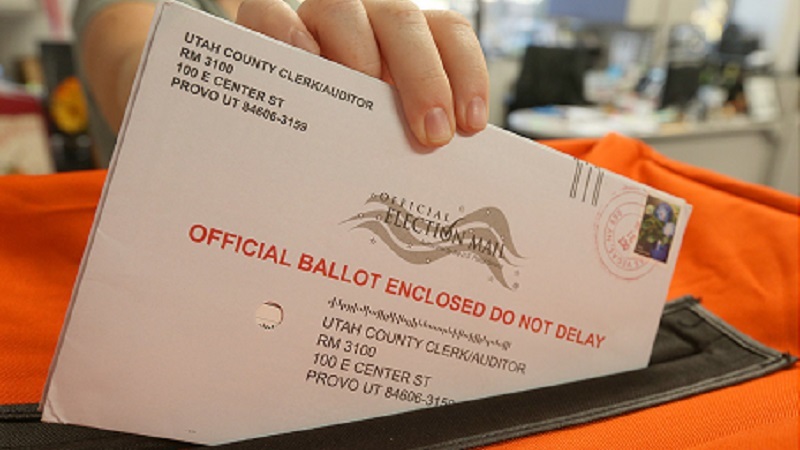Jenny Beth Martin has released the recording of a phone call between her and a reported elections official in which the official says recount totals in Georgia will not be counted as the official vote.
Martin is the co-founder of the Tea Party Patriots. She spoke with an official, questioning which numbers would be used when certifying the vote — Election Day votes or the recount votes.
The official said that while the numbers were different, they would only be certifying the Election Day votes. When pressed as to why, the official told Martin to take it up with the state. The official also told Martin the numbers in the recount and on Election Day were not the same.
Donald Trump lost Georgia by 12,670 votes. There is currently a recount underway.
Several irregularities have been noted throughout the state.
Benita M. Dodd, the vice president of the Georgia Public Policy Foundation, said in an op-ed that the state’s election process was a mess.
She wrote that the problem was a high number of early voters, either by mail or absentee.
This year, Georgia’s absentee ballot rejection rate was lower than it ever has been. While there are usually about 3 percent rejected, this year that rate was only .24 percent.
Out of 1,307,472 absentee ballots, there were only 3,152 rejected. In 2016, there were 202,492 absentee ballots and 6,059 rejected. If this year’s numbers had been like 2016, there would have been more than 39,000 rejected ballots.
In the primaries, Georgia had 1 percent of the absentee ballots rejected. Florida had 1.5 percent rejected. New York, on the other hand, had about 25 percent of its primary absentee ballots rejected for not having proper signatures or postmarks.
In 25 states' primary elections, according to University of Florida Political Science Professor Michael McDonald, there were only about 2 percent of absentee ballots rejected in the 2020 primaries.






 Alerts Sign-up
Alerts Sign-up